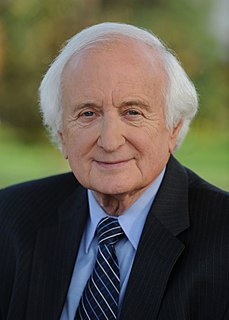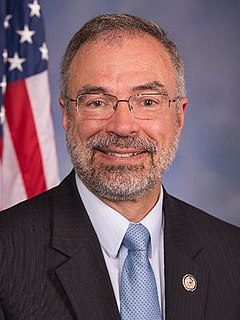A Quote by Jodie Evans
In 2008, I was one of millions united for hope and change. As 2010 dawns, change looks to me like more of the same. Instead of peace, we got more war. Instead of health care reform, we have an industry win that requires Americans to buy health insurance without any real cost controls.
Related Quotes
I am here for my mother and all the Americans who are forced to spend time arguing with health insurance companies instead of focusing on getting well. I am here for the millions of lives that will be touched and in some cases, saved, by health insurance reform. I am here for the small businesses who are forced to choose between health care and hiring. I am here for the seniors who are unable to afford the prescriptions they need.
Given the fact that poverty is growing, more and more Americans are losing health insurance, health care costs are going up, the middle class is shrinking, the gap between the rich and the poor is growing wider. That speaks to the weakness of the opposition. People do not like George W. Bush. But I think it's fair to say that they are not flocking to the Democratic Party, or see the Democrats as a real alternative.



































